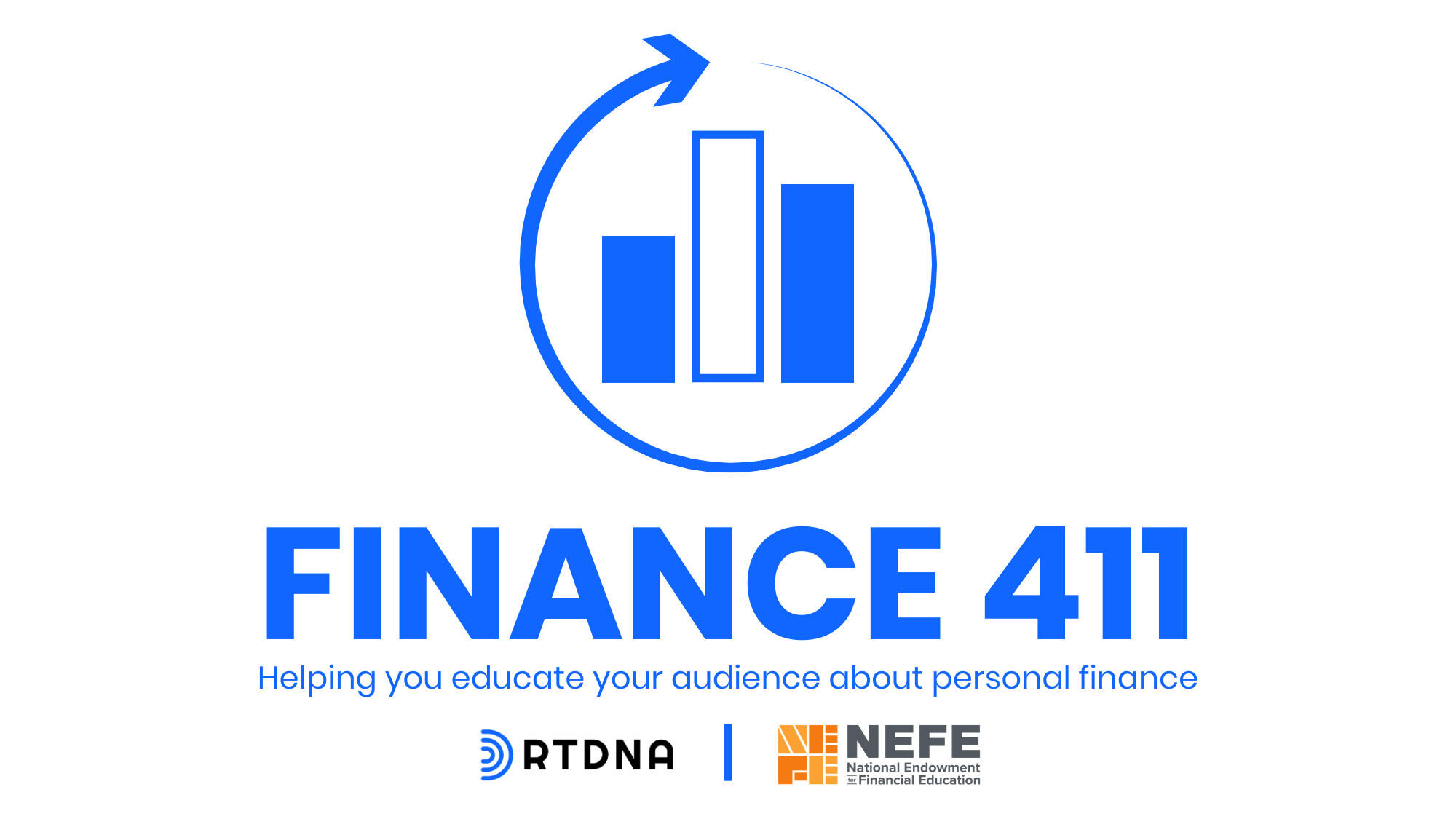Money Matters: 5 products to be cautious of buying online

Thanks to sites like Facebook, Craigslist, Groupon, eBay, and innumerable others, it’s easier than ever to buy anything you could want online, from event tickets to spa services to cars. It’s also easier to find those items for less, often used or resold from individual sellers. But those deals aren’t always good ones. A study by the Government Accountability Office released in January 2018 showed that more than 40% (albeit among a relatively small sample) of household items including cosmetics and electronics purchased from independent online sellers were fake. Consumer reporters looking to keep audiences safe online will find numerous potential hazards – and can offer tips to buy more safely. Here are a few items to investigate.
Designer clothes
Since Instagram added shopping features for businesses to sell products directly from the app, more accounts are offering designer clothing and accessories – but not all of them are real. Some tips for avoiding counterfeit items are:
- Research sellers before buying.
- Be wary if a seller wants to use an encrypted messaging app.
- Look for hashtags like #mirrorquality or #replica to indicate items aren’t authentic.
- Shop through reputable resellers that authenticate each item.
Discount health services
Discount sites are often filled with vouchers for spa services, cosmetic procedures and alternative health offerings. These can look like great deals, but those services and providers may not be reputable. Comparing doctors’ medical records and history of complaints with discount deals online can reveal those deals aren’t as good as they sound – and could even be dangerous.
Used cars
Buying a used car can be a good way to save money and buying through and independent seller can save even more – or end up costing. Scanning through online classified lists of used cars for sale listed in good condition can turn up unreported problems like recalls, salvage titles or other issues when you investigate further. Carfax and the National Highway Traffic Safety Administration both offer detailed histories of car recalls or issues based on VIN number.
Event tickets
Want to go to that concert or show, but tickets already sold out? If you can’t purchase a ticket from the venue, a third-party seller may be your only option, but there’s a difference between reputable ticket resale sites and potential scammers. The Better Business Bureau offers good tips to start. Here are some more:
- When purchasing through an individual, ask to see the receipt for the original ticket purchase. Confirm ticket numbers, etc. match up.
- Avoid advertisements for third-party ticket sales.
- Don’t pay with gift cards.
- Check out the profiles of people selling tickets online for suspicious patterns or signs the accounts are fake, like stock photo profile pictures or a recent account creation date.
Sports memorabilia
Sports items, particularly game-used equipment or jerseys and signed items, are always in demand, which means the industry is ripe for fakes and scams. Some leagues, like Major League Baseball, have developed systems to try to combat fraud. For the most part, though, collectors are on their own. Some tips for avoiding fakes:
- Research sellers first.
- Research prices for comparable items and avoid deals that are “too good to be true.”
- Ask the seller about the history of the item, when and where they got it, etc. Make sure dates line up and the chain linking the item back to the team or player makes sense.
- Get items professionally authenticated.
Weekly Money Matters personal finance content for your newsroom is sponsored by the National Endowment for Financial Education.
